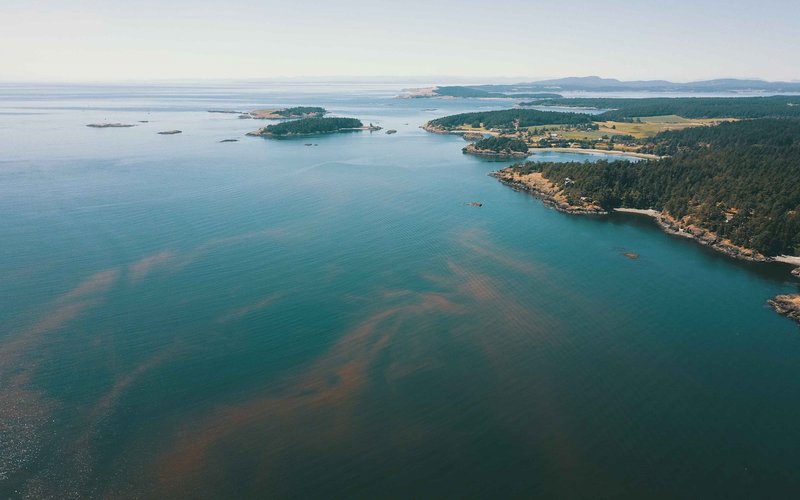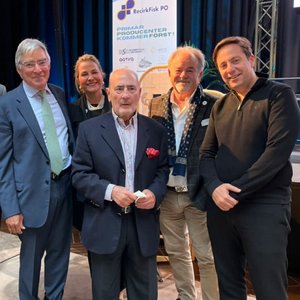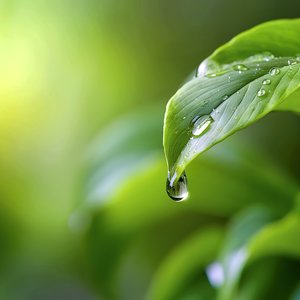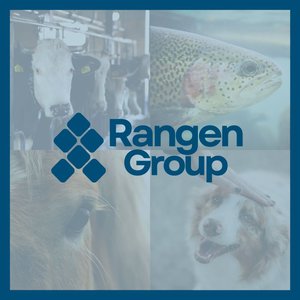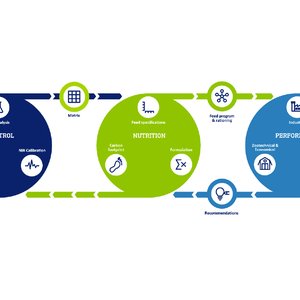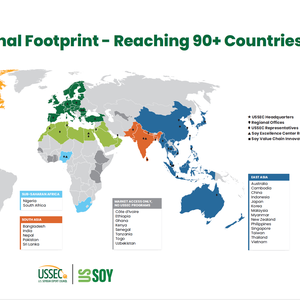Delivered by Lantra – the training and skills body for the land-based and environmental sectors – the online course is now open to anyone working in the aquaculture sector.
The bespoke training program will help producers mitigate the challenges associated with HABs, which are caused by rising water temperatures, among other factors, and can lead to significant health and welfare issues for farmed fish. It aims to ensure the workforce is following the same guidelines for detecting and recording HABs in open coastal waters, no matter which organization they are working for.
The standardized procedure was initially developed via the climate change working group of Scotland’s Farmed Fish Health Framework, which included members from academia, industry and SEPA, the environmental regulator.
Initially free-to-access, the course includes details of the different steps required for sampling and identifying a list of targeted species, recording the level of risk based on a traffic light system and calculations for reporting. Modules can be accessed at any time, on demand, with learners receiving official certification on completion.
Jillian Couto-Phoenix, head of aquaculture at Lantra, said that “the adoption of standard operating procedures will mean that the entire aquaculture sector can move towards uniform data collection and reporting regarding HABs. Improved access to information can then inform early warning systems and treatment options, helping farmers to adapt to a changing climate and ultimately improve the outcomes for their fish.”
“We understand the challenges that come with identifying microscopic species. Therefore, our ambition is to give people the knowledge and confidence in reporting algal blooms, as well as support with the necessary calculations for identifying outbreaks. So far, we have received a great deal of interest in the training programme from global companies, trout producers and Scottish salmon farms, and we are looking forward to seeing the first wave of participants completing the course,” Couto-Phoenix said.
“This is the first aquaculture e-learning course of this kind for Lantra, which opens up a whole host of future possibilities for delivering skills to the sector. Using HABs as the base, we can now develop new programs quickly and reach people all over, particularly those in more rural and remote locations who can participate without needing to travel or take time out from work.”
Created in partnership with the Sustainable Aquaculture Innovation Centre (SAIC) and Scottish Association for Marine Science (SAMS), the development of the training was funded by the Department for Environment, Food & Rural Affairs (Defra) UK Seafood Fund: Skills and Training Scheme. Partners from Salmon Scotland, Mowi, Scottish Sea Farms, Loch Duart, Bakkafrost, SAMS Enterprise and the RSPCA also helped to shape the course content.
To access the training material, visit www.lantra.co.uk.


